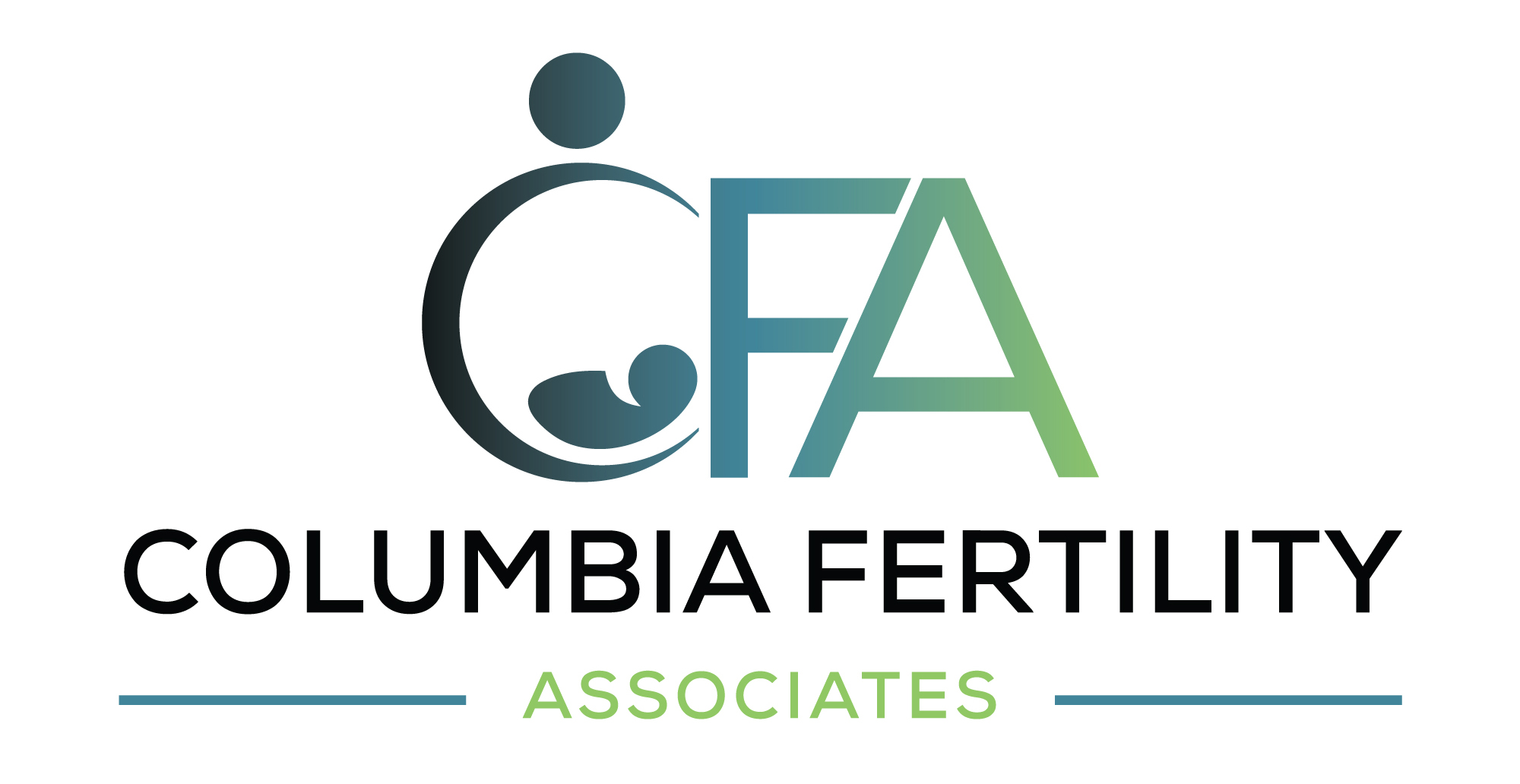If you’re trying to conceive, you are no doubt looking for anything you can to do improve your chances of success.
One of the most important factors that you may be overlooking is nutrition. Since March is National Nutrition Month, it’s the perfect opportunity to give deeper into all the ways that eating a healthy diet can not only improve your overall health and well-being, but also provide you a better chance of getting pregnant.
A growing body of evidence that suggests that nutrition plays an important role in fertility for both women and men. For example, studies have shown that women who eat a healthy diet not only achieve pregnancy at a higher rate than those who don’t eat well, but they also get pregnant sooner.
There are several reasons why nutrition is important for fertility. First, a healthy diet provides the body with the nutrients it needs to function properly. These nutrients are essential for the growth and development of eggs and sperm, as well as for the overall health of the reproductive system.
Second, a healthy diet can help to reduce stress and improve overall well-being. Stress can have a negative impact on fertility, so eating a healthy diet can help to reduce stress levels and improve your chances of getting pregnant.
Smart Diet Choices When You’re Trying to Conceive
If you are trying to get pregnant, take the time to consciously develop a weekly meal plan that focuses on the foods that boosts your fertility and gives you the greatest chance for success.
Make sure to eat plenty of fruits and vegetables. Fruits and vegetables are packed with vitamins, minerals, and antioxidants that are essential for good health. They can also help improve your overall fertility.
Choose lean protein sources. Lean protein sources like chicken, fish, and beans are a good choice for fertility. They are low in saturated fat and calories, and they can help you maintain a healthy weight.
Limit processed foods. Processed foods are often high in sugar, unhealthy fats, and sodium. They can also contain chemicals that can harm your fertility.
Stay hydrated. Drinking plenty of water is essential for good health. It can also help improve your fertility.
Vitamins and Minerals That Promote Fertility
There are some specific vitamins and minerals that have been shown to improve fertility, including:
- Folate: Folate is an essential nutrient for the growth and development of eggs and sperm. It is found in leafy green vegetables, fruits, and fortified foods.
- Vitamin B6: Vitamin B6 is another important nutrient for fertility. It is found in meat, poultry, fish, eggs, and fortified foods.
- Iron: Iron is an essential nutrient for the production of red blood cells, which carry oxygen to the body. It is found in meat, poultry, fish, beans, and fortified foods.
- Zinc: Zinc is an essential nutrient for sperm production. It is found in meat, poultry, fish, beans, and fortified foods.
- Omega-3 fatty acids: Omega-3 fatty acids are essential nutrients for the health of the reproductive system. They are found in fish, nuts, and seeds.
Other Tips for Fertility
In addition to eating a healthy diet, there are a few other things you can do to improve your fertility. These include:
- Maintain a healthy weight. Being overweight or obese can reduce your chances of getting pregnant.
- Get regular exercise. Exercise can help to reduce stress and improve your overall health. It can also help to improve your fertility.
- Quit smoking. Smoking can damage eggs and sperm and reduce your chances of getting pregnant.
- Drink alcohol in moderation. Too much alcohol can damage eggs and sperm and reduce your chances of getting pregnant.
Especially if you’re already experiencing challenges with successfully conceiving a child, you’ll want to do everything you can to give yourself the best opportunity to get pregnant. Not only that, all of these recommendations for eating better and living healthy will benefit all aspects of your health and life.
As always, if you have questions or concerns, please don’t hesitate to contact your physician or your team at Columbia Fertility Associates.








